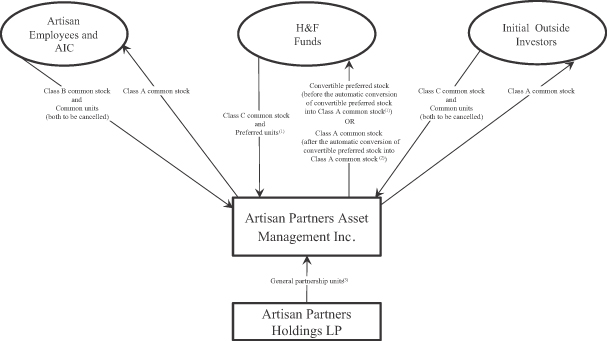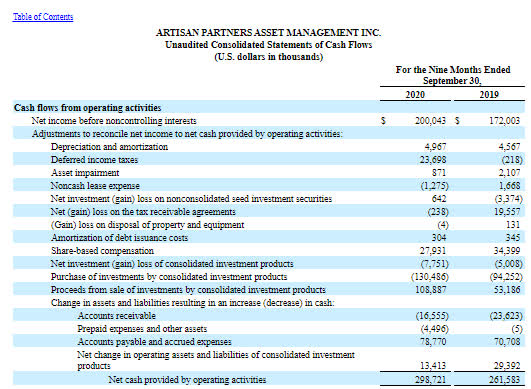
Active Share is defined as the percentage of a portfolio that differs from its benchmark index. Return on Assets (ROA) is a profitability ratio that measures the amount of net income returned as a percentage of total assets.

Price-to-Book Ratio (P/B Ratio) is a valuation measure used to compare a stock's market value to its book value. The aggregate calculation excludes companies classified by GICS as banks, consumer finance and capital markets to focus on nonfinancial liabilities. Net Debt/Capital reflects a company’s financial leverage as measured by its net debt (total debt minus cash & cash equivalents) divided by total capital. Earnings figures used for FY1 and FY2 are estimates for the current and next unreported fiscal years. Price-to-Earnings Ratio (P/E Ratio) measures how expensive a stock is.

Weighted Harmonic Average is a calculation of weighted average commonly used for rates or ratios. Weighted Average is the average of values weighted to the data set's composition. Market Cap (USD) is the aggregate value of all of a company's outstanding equity securities. If information is unavailable for a particular security Artisan may use data from a related security to calculate portfolio statistics. For the purpose of determining the Fund's holdings, securities of the same issuer are aggregated to determine the weight in the Fund. Cash weighting includes cash and cash equivalents. Totals may not sum due to rounding. Performance Source: Artisan Partners/MSCI. Data & Statistics Sources: Artisan Partners/MSCI/GICS. Sector exposure percentages reflect sector designations as currently classified by GICS. Annual turnover is reported as of the Fund’s fiscal year end. Artisan Partners may exclude outlier data and certain securities which lack applicable attributes, such as private securities when calculating portfolio statistics. For eligibility requirements see statutory prospectus. Please read it carefully before you invest or send money.Ĭlosed to most new investors. These risks are discussed in the prospectus. Value securities may underperform other asset types during a given period. Securities of small- and medium-sized companies tend to have a shorter history of operations, be more volatile and less liquid and may have underperformed securities of large companies during some periods.

International investments involve special risks, including currency fluctuation, lower liquidity, different accounting methods and economic and political systems, and higher transaction costs. These risks typically are greater in emerging and less developed markets, including frontier markets. The value of portfolio securities selected by the investment team may rise or fall in response to company, market, economic, political, regulatory or other news, at times greater than the market or benchmark index. Current and future portfolio holdings are subject to risk.


 0 kommentar(er)
0 kommentar(er)
